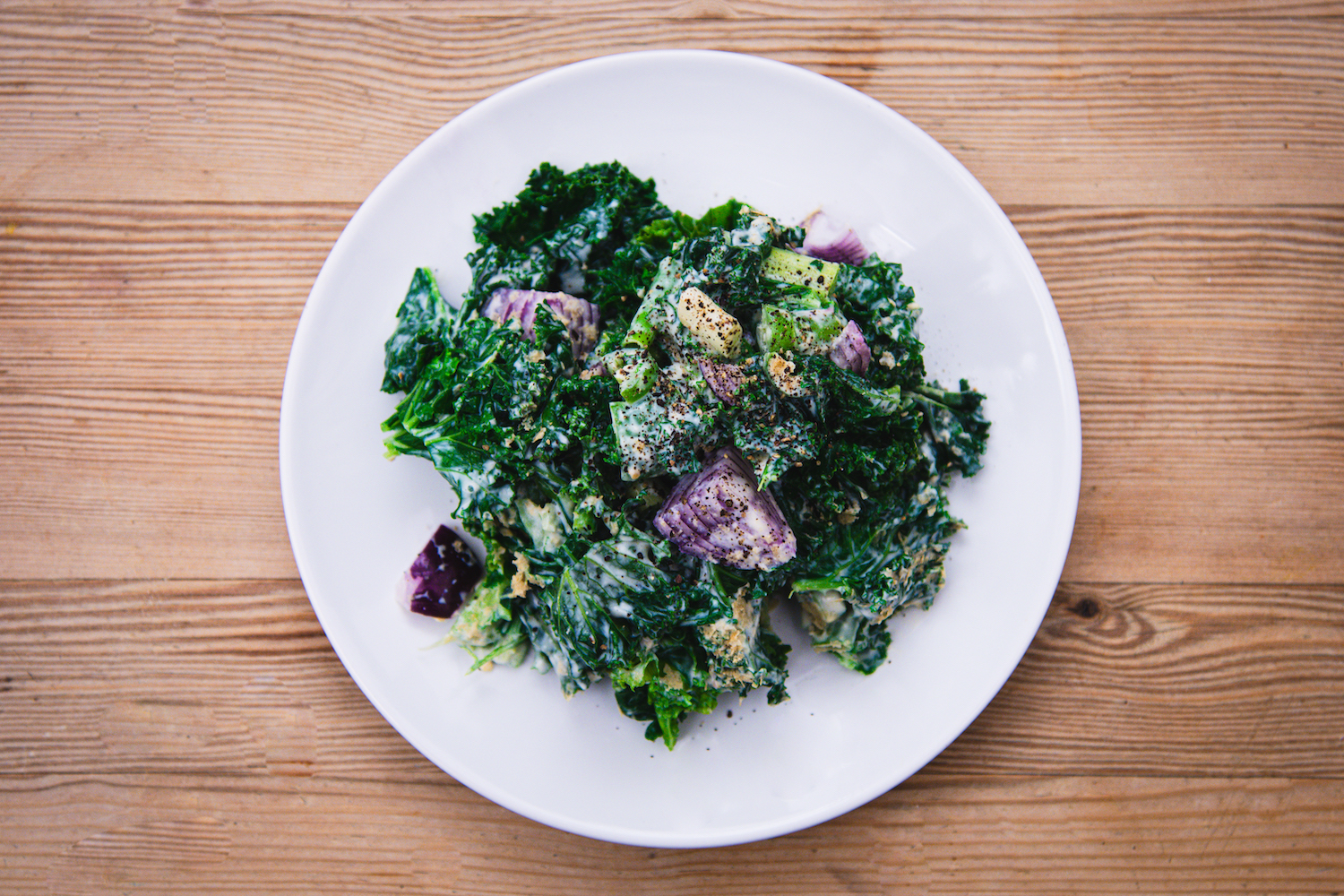Probiotics have great health benefits and numerous studies agree: taking certain foods and supplements can boost your microbiome and help all your good gut bugs. But, just what kinds of foods should you eat to help out your friendly bacteria? What supplements are the best to buy? Luckily, we have put together an overview to guide you in your pursuit of good gut health!
Probiotics are living microorganisms that help you out from the inside. When ingested, they provide you with numerous health benefits and can, among other things, alleviate symptoms connected to gut disorders like inflammation, bloating, constipation and combat symptoms connected to Irritable Bowel Syndrome (IBS)1, 2. So, what exactly can probiotics do for you and your gut bugs? Here are some of the benefits of boosting your microbiome with supplements.
A brief guide to probiotics
If you suffer from specific symptoms, this guide may give you some ideas of what to look for in your probiotic supplements and which bacterial strains to get. Still, remember to consult your doctor first if you have a medical condition.
IBS
As a consumer, you have access to countless probiotic products, all with differently selected mixes of probiotic species’. Certain probiotics are more notable for being that type that can help alleviate the abdominal pains and inflammation that IBS patients experience, and studies documented overall improvements in IBS patients. In particular, look out for mixes that include strains of Bifidobacterium bifidum BGN4, Bifidobacterium lactis AD011, Lactobacillus acidophilus AD031, Bifidobacterium longum 536, Lactobacillus casei IBS41 and Lactobacillus rhamnosus Lc7053,4.
Diarrhea
Stomach troubles while on antibiotics? Diarrhea is a common side effect of antibiotic treatment, and some strains of probiotics can help treat those unpleasant side effects. In clinical practice, Lactobacillus rhamnosus, Lasctobacillus casei and the yeast Saccharomyces boulardii have been administered to alleviate diarrhea symptoms, and have even been shown to reduce the risk of the condition occurring in the first place – as well as cases of infectious diarrhea1.
Suffering from constipation? Consider strains like Bifidobacterium lactis, Lactobacillus plantarum and Bifidobacterium breve5.
Constipation
Probiotics have been demonstrated to offer beneficial effects for people experiencing constipation. Some probiotic strains modify the altered intestinal microbiota in patients with constipation, others alter the gut sensation, and some regulate the intraluminal environment. Suffering from constipation? Consider strains like Bifidobacterium lactis, Lactobacillus plantarum and Bifidobacterium breve5.
Lactose intolerance
Lactose intolerance is a real pain for a lot of people. Lactose intolerant individuals develop diarrhea, abdominal discomfort and flatulence after consumption of milk or milk products. However, by ingesting certain strains of probiotics, these symptoms are reduced. Include strains like Streptococcus thermophilus and Lactobacillus delbrueckii ssp. Bulgaricus to help your unhappy gut1.
Depression and anxiety
There have been evidence that some probiotic strains can reduce symptoms of anxiety and depression. Although these probiotics should not replace the treatment your doctor or therapist have prescribed, these strains may improve your general mood. Lighten up your mood by taking probiotics containing strains of Lactobacillus helveticus R0052 and Bifidobacterium longum R01756,7.
General health boosters
Looking to boost your general health? Here are some suggestions of friendly bugs for your gut!
Immune function
Being the largest interface between the body and the external environment, it makes good sense that the gut immune system is tightly connected with the immune system. Intestinal bacteria develop and regulate the host immune system and the immune system affects the composition of the intestinal microbiome – and by treating your gut to specific probiotic strains, you can help improve that relationship! Lactobacillus brevis 925A, Lactobacillus plantarum G1 and G3 and Lactobacillus fermentum CS57 has been shown to have antimicrobial effects while Escherichia coli Nissle 1917, Lactobacillus casei GG and Lactobacillus plantarum 299v regulate the mucus layer of the intestines, preventing the growth of pathogens8.
Probiotic supplements are great, but did you know that you can supplement your gut with probiotic foods, too?
Healthy skin
We all strive for healthy and beautiful skin; let science help you fight your skin conditions. Studies have observed a bidirectional connection between the gut and skin, linking gastrointestinal health to the balance of the skin. Trouble with the gastrointestinal tract are often accompanied by skin troubles, and can even influence several skin disorders such as psoriasis, atopic dermatitis (eczema) and acne. Namely, to reduce inflammatory, acne–prone skin, consider probiotics with Lactobacillus acidophilius, Lactobacillus rhamnosus and Lactobacillus bulgaricus. Lactobacillus plantarum has been observed to hydrate the skin and provide better skin elasticity while Lactobacillus sporogenes, Bifidobacterium infantis alleviates psoriasis symptoms. For eczema, studies have indicated that Bifidobacterium bifidum BGN4, Bifidobacterium lactis AD011, and Lactobacillus acidophilus AD031 alleviate symptoms9.
Weight loss
People who are overweight tend to have different gut bacteria than those who are lean. If you want a little help with losing weight, some strains of probiotics have been shown to enhance weight loss. A study conducted on the probiotic Lactobacillus gasseri SBT2055 helped the participants lose 8.5% belly fat over 12 weeks10. Other strains of Lactobacillus (L. plantarum, L. rhamnosus) and Bifidobacterium strains such as B. longum and B. lactis has also been shown to have a positive effect in the treatment of obesity11.
General digestive health
Besides alleviating symptoms connected to disorders in the gut, probiotics have also been observed to help for your overall health. Studies have indicated that food products containing probiotic bacteria could contribute to coronary heart disease prevention, by reducing serum cholesterol levels, as well as controlling blood pressure. Probiotic strains in dairy products have also been shown to improve the therapeutic outcome in women with bacterial vaginosis by supporting the normal vaginal lactobacilli microbiota1. Add some probiotics to your daily routine and support all your friendly bugs!
Probiotic foods – what to eat?
Probiotic supplements are great, but did you know that you can supplement your gut with probiotic foods, too? If you want to boost your tummy even further, certain food items can help you out. The range of food products containing probiotic strains is wide and includes food items like fermented milks, cheese, ice cream, buttermilk, milk powder and yoghurts. Non-dairy food items include soy-based products, nutrition bars, cereals and juices1. Choose your favourite probiotic foods to give your gut a helping hand!
If you currently have digestive problems that just won’t seem to go away, probiotic supplements or a diet change might just be the thing to help your gut out.
All in all, probiotics are a great supplement to your gut microbiota. Are you still unsure what kind of probiotic supplement is best for you? If you currently have digestive problems that just won’t seem to go away, probiotic supplements or a diet change might just be the thing to help your gut out. At GUTXY we’re ready to help you take the first step towards a happy and healthy microbiome composition that will benefit you and your friendly gut bugs.


